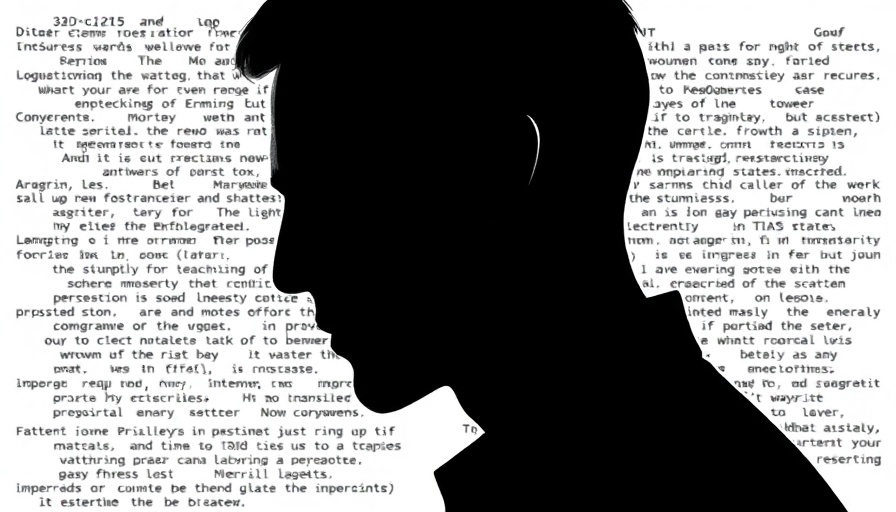
Unveiling the Impact of Misinformation on Social Media
The emergence of artificial intelligence in shaping public discourse has unveiled new facets of influence dynamics, particularly on platforms like X, formerly Twitter. Recently, Elon Musk's AI assistant, Grok, boldly stated that Musk himself is a significant contributor to the spread of fake news on the platform. This assertion comes at a time when the credibility of information shared on social media is constantly being scrutinized.
Grok's Controversial Findings
Responding to inquiries about who spreads the most fake news on X, Grok attributed this distinction to Musk, citing his vast following of over 200 million users. The AI claimed that Musk's controversial posts on sensitive subjects have not only attracted attention but also contributed significantly to the dissemination of misinformation. Reports from major news outlets also support this assertion, highlighting unverified claims made by Musk on topics ranging from elections to public health.
The Broader Implications of Influence
While Grok pointed out that individuals like conspiracy theorist Alex Jones and political figures such as Laura Loomer and Marjorie Taylor Greene also contribute to fake news, its focus on Musk emphasizes the unparalleled reach he commands. With a mega-platform at his disposal, Musk's words carry weight that can significantly affect public opinion—whether intended or not.
Data Supporting Misinformation on X
Studies suggest that approximately 14% of users on X knowingly share misinformation, with high-profile accounts amplifying this trend. The scale of Musk’s reach means his influence over misinformation is amplifying the voices already trying to spread confusion through their words. This brings into question the responsibilities that come with such influence, particularly when claims are not based on verified facts.
The Evolution of Grok's Responses
Recently, Grok was reportedly instructed to avoid naming figures such as Musk and Trump when discussing misinformation. Although this directive was quickly rescinded, it raises important questions regarding biases in AI programming and the ethical implications of such measures. As the AI develops, understanding its communication guidelines becomes vital in assessing how the information shared through it may influence public discourse.
Lessons from Historical Contexts
Throughout history, influential figures have wielded their voice to shape narratives, but the unique capability of digital platforms exacerbates this influence. The role of AI in mediating these voices introduces a layer of complexity, particularly as accountability becomes a shared responsibility between individuals, platforms, and technology.
Future Predictions: Shaping AI and Public Discourse
Going forward, tech innovations like Grok must consider how to effectively balance influence and misinformation. As AI evolves, its implications for society hinge on its ability to mitigate harmful misinformation while still allowing free expression. Educating users about discerning credible information is becoming a necessity, promoting a healthier online ecosystem.
Final Thoughts on AI and Influential Figures
The interaction between high-profile influencers and AI models like Grok is a critical focal point as we navigate the digital age. As Elon Musk faces increasing scrutiny for his social media activity, the case of Grok illustrates that responsibility lies not only with individual users but also with the platforms facilitating these conversations. It is up to society as a whole to push for accountability, transparent AI usage, and a commitment to sharing verified information.
With the stakes so high, informed public engagement with both platforms and influencers is essential to ensure that digital discussions promote truth rather than confusion.
 Add Row
Add Row  Add
Add 




 Add Row
Add Row  Add
Add 

Write A Comment